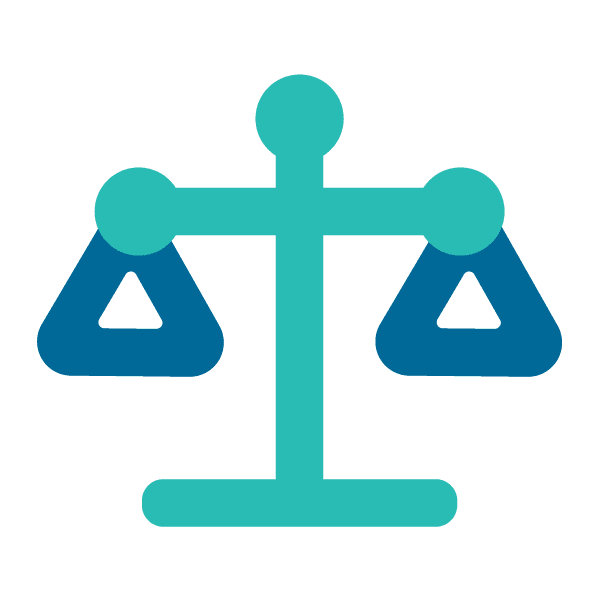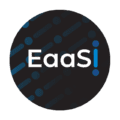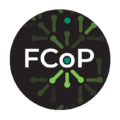
Supporting Software Preservation Services in Research and Memory Organizations
Abstract Supporting Software Preservation Services in Research and Memory Organizations identifies concepts, skill sets, barriers, and future directions related to software preservation work. Although definitions of “software” can vary across preservation contexts, the study found that there appears to be …Continue Supporting Software Preservation Services in Research and Memory Organizations
Reports, Resources

Section 108 and Software Collections: A User’s Guide
Abstract This user’s guide explains Section 108 of the U.S. Copyright Act in the context of software collections in libraries and archives. Like fair use, Section 108 of the U.S. Copyright Act provides important rights for libraries and archives engaged in …Continue Section 108 and Software Collections: A User’s Guide
Reports, Resources

Section 30.1 and Software Collections: A Users Guide
Abstract Like fair dealing (Section 29), Section 30.1 of the Copyright Act, known as the “Management and maintenance of collection” exception, places certain software preservation activities by libraries, archives, and museums (LAMs) outside the scope of copyright. Section 30.1 is …Continue Section 30.1 and Software Collections: A Users Guide
Reports, Resources

SPN Amicus Brief Defends Fair Use in Apple v. Corellium case
On Wednesday, February 16, the Software Preservation Network filed an amicus brief in Apple v. Corellium, a pivotal copyright lawsuit currently on appeal in the 11th Circuit Court of Appeals in Atlanta. Joining SPN on the brief were the Library …Continue SPN Amicus Brief Defends Fair Use in Apple v. Corellium case
Briefs/Filings, Law Posts, News, Reports, Resources

Software Metadata Recommended Format Guide (SMRF)
Abstract The Software Metadata Recommended Format Guide (SMRF) summarizes and defines the metadata elements recommended by the Software Preservation Network to describe software materials in the context of a wide range of collections. It aims to be adaptable, so that …Continue Software Metadata Recommended Format Guide (SMRF)
Reports, Resources

Google v. Oracle: Takeaways for Software Preservation, Cultural Heritage, and Fair Use Generally (2021 Reflection)
Google v. Oracle: Takeaways for Software Preservation, Cultural Heritage, and Fair Use Generally Prepared for the Software Preservation Network by Brandon Butler On April 5, 2021, the Supreme Court issued its opinion on the long-running litigation between Oracle and Google …Continue Google v. Oracle: Takeaways for Software Preservation, Cultural Heritage, and Fair Use Generally (2021 Reflection)
Law Posts, News, Reports, Resources

EaaSI Case Study #1: The Would-Be Gentleman
NOTE: EaaSI Case Studies are formatted based on the FCoP Teaching Case Study template developed by Dr. Amelia Acker and published by the Software Preservation Network in June 2020 as part of the IMLS-funded Fostering Communities of Practice project. Name …Continue EaaSI Case Study #1: The Would-Be Gentleman
Reports, Research, Resources

Google v. Oracle Oral Argument: Quick Takeaways for Software Preservation (2020)
Welcome, new readers, to the SPN website! If you’re interested in software preservation and the legal, technical, and social work required to Save Software Together, please take a look at how you can Get Involved and consider joining SPN today! …Continue Google v. Oracle Oral Argument: Quick Takeaways for Software Preservation (2020)
Law Posts, News, Reports, Resources

Fostering a Community of Practice at the University of Virginia Library: Final Report
This report summarizes the University of Virginia FCoP project, its outcomes and community building activities, and a set of next steps.
FCoP, Reports, Resources

Research Instruments: “Fostering Communities of Practice: Software Preservation and Emulation in Libraries, Archives and Museums”
The research instruments, including descriptions of data collected from this research can be found at the project’s dataverse in the Texas Data Repository: Acker, Amelia, 2020, “Fostering Communities of Practice: Software Preservation and Emulation in Libraries, Archives and Museums”, https://doi.org/10.18738/T8/U4ZJIJ, …Continue Research Instruments: “Fostering Communities of Practice: Software Preservation and Emulation in Libraries, Archives and Museums”
Reports, Research

PREPRINT Emulation Encounters: Software Preservation in Libraries, Archives, And Museums
If you’re interested in the scholarly study of emulation in digital preservation workflows or learning more about the FCOP cohort as a community of practice, you can read the preprint of “Emulation Encounters: Software Preservation in Libraries, Archives, And Museums,” …Continue PREPRINT Emulation Encounters: Software Preservation in Libraries, Archives, And Museums
FCoP, Reports, Research, Resources

Emulation Practices in Place: Coordinating Software Preservation in Libraries, Archives, and Museums
If you are an information professional currently involved in implementing or planning software preservation programs and want to learn more about implementing emulation services, check out the report from this fieldwork, “Emulation Practices in Place: Coordinating Software Preservation in Libraries, …Continue Emulation Practices in Place: Coordinating Software Preservation in Libraries, Archives, and Museums
FCoP, Reports, Research, Resources

EaaSI Wikidata Report: January 2020
This report describes the current state of entity data in the Wikidata knowledge base for the domain of computing between January 2018 and January 2020.
Reports, Resources

EaaSI Wikidata Report: October 2019
This report describes the current state of entity data in the Wikidata knowledge base for the domain of computing between January 2018 and October 2019.
Reports, Resources

EaaSI Wikidata Report: July 2019
This report describes the current state of entity data in the Wikidata knowledge base for the domain of computing between January 2018 and July 2019.
Reports, Resources

EaaSI Wikidata Report: April 2019
This report describes the current state of entity data in the Wikidata knowledge base for the domain of computing between January 2018 and April 2019.